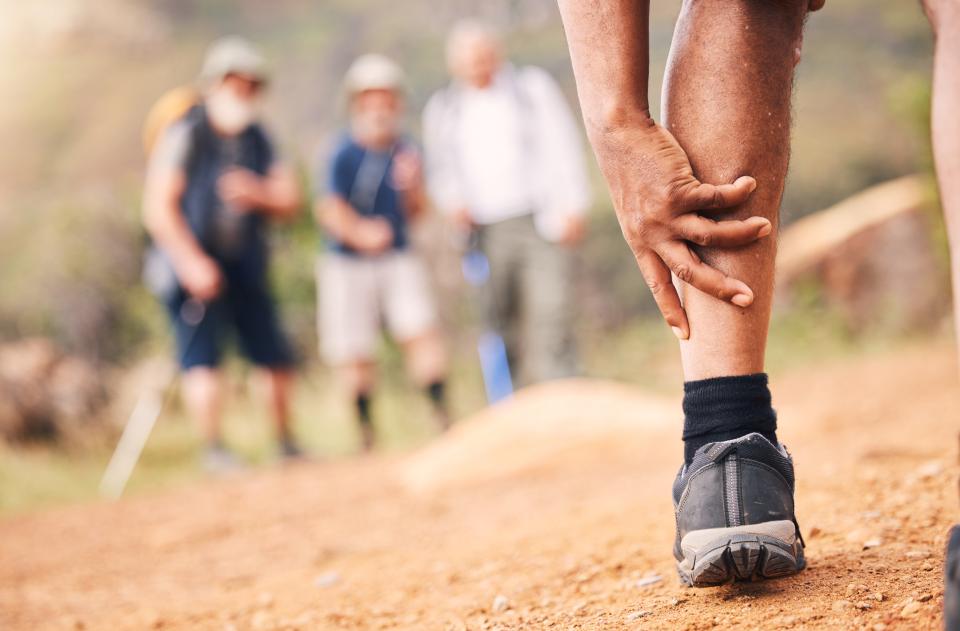Arizona has some of the best hiking weather in the country year-round. Combine that with a variety of terrains throughout the state and you have many Arizonans who are active on the trails.
But what if you encounter an injury during a hike? Erik Dean, DO, a sports medicine specialist and independent member of the HonorHealth Medical Staff, weighs in about what you could experience on the trails and what to do if you are injured.
Treating hiking injuries
It’s important to know when you need help. Some minor injuries you may be able to treat on your own. For example, if you have a cramp, you may be able to take a break, stretch it out and hydrate. However, there are some injuries that you shouldn’t try taking care of yourself.
“If you have an open fracture where you can see bone protruding from your body, you can’t bear weight, or your ankle or knee gives out when trying to walk, you need to get immediate medical attention,” says Dr. Dean. “With increasing exertion, if you are experiencing chest discomfort, which is more common in men, or shortness of breath, which is more common in women, you may be having a cardiac event and should call 911 immediately.”
Even if you’re able to finish your hike, if you’re experiencing ongoing issues with an injury, make sure you seek help, either by seeing your primary care doctor, visiting urgent care or making an appointment with a specialist.
Beat heat-related illnesses
Living in the Valley of the Sun, we’re fortunate to have year-round sunshine that allows for more outdoor activities. However, heat-related illnesses can become a challenge.
HonorHealth Sports Medicine
The team at HonorHealth Sports Medicine is a dedicated group of board-certified experts who understand the unique cause of sports injuries.
Injury prevention tips for weekend warriors
Do you engage in strenuous activities on the weekends? If so, you might be a weekend warrior. Learn about how you can prevent injuries and what to do if you get injured.
